Collard Green Plants: Enhance Your Garden With Nutritional Value
Looking for a way to add some extra nutrition to your diet? Collard green plants are a great option. They’re packed with vitamins, minerals, and fiber, and they’re also a good source of antioxidants.
However, growing collard greens can be a challenge. They’re not as easy to grow as some other vegetables, and they can be susceptible to pests and diseases.
But if you’re willing to put in a little extra effort, growing collard greens is definitely worth it. Here’s what you need to know to get started.
Collard greens are a type of leafy green vegetable that is related to kale and cabbage. They are a good source of vitamins A, C, and K, as well as calcium, iron, and fiber. Collard greens are also a good source of antioxidants, which can help protect your cells from damage.

Collard Green Plants – Plants BC – Source fabiosouza-show.blogspot.com
Benefits of Collard Green Plants: Enhance Your Garden With Nutritional Value
There are many benefits to growing collard greens. Here are a few of the most important:
- Collard greens are a good source of vitamins, minerals, and fiber.
- Collard greens are a good source of antioxidants.
- Collard greens can help you lose weight.
- Collard greens can help you lower your cholesterol.
- Collard greens can help you improve your digestion.
If you’re looking for a healthy and nutritious vegetable to add to your garden, collard greens are a great option.
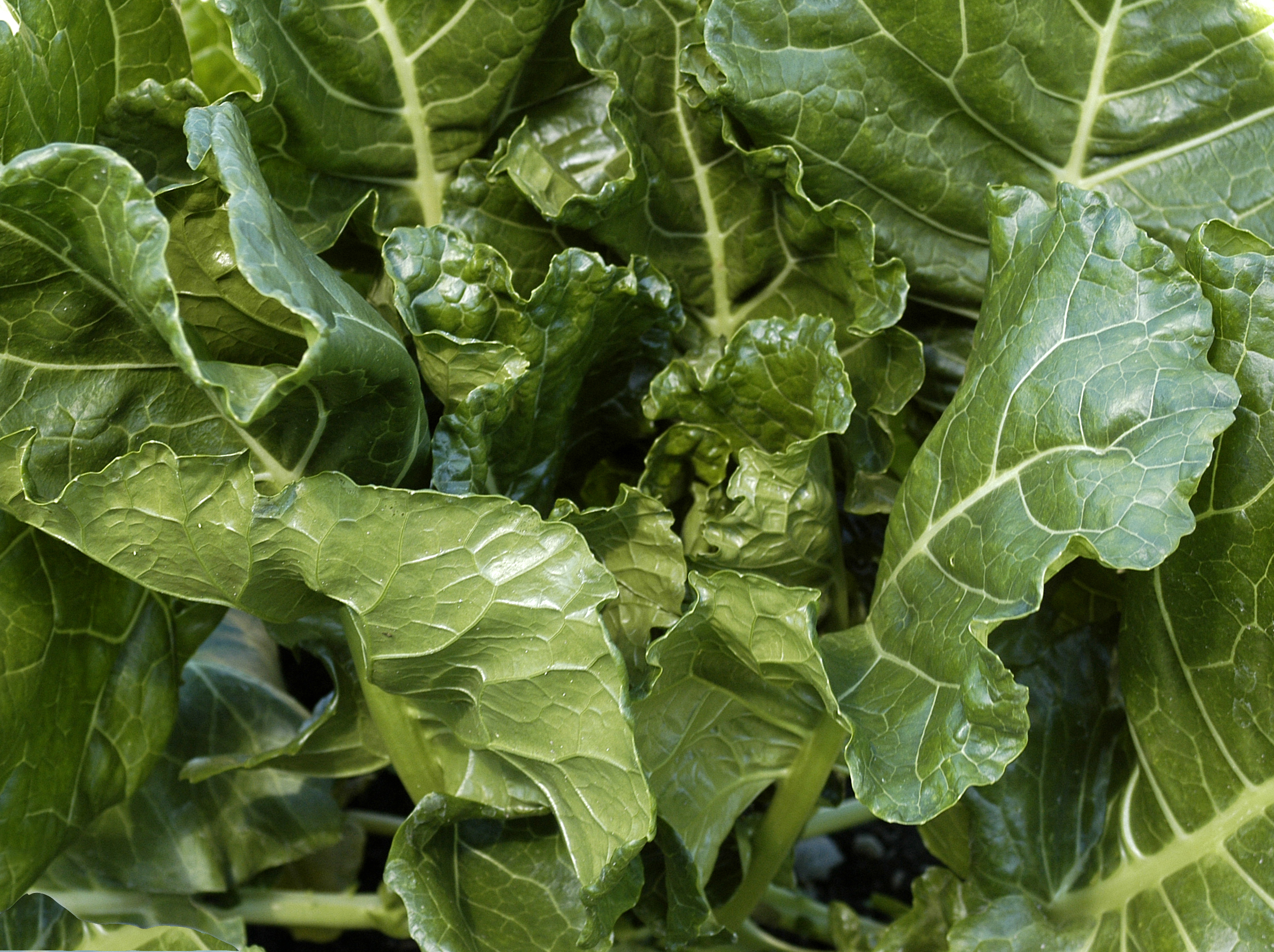
Types Of Collard Plants | My XXX Hot Girl – Source www.myxxgirl.com
History and Myth of Collard Green Plants: Enhance Your Garden With Nutritional Value
Collard greens have a long and rich history. They were first cultivated in the Mediterranean region over 2,000 years ago. Collard greens were brought to the Americas by European colonists in the 16th century.
In the United States, collard greens are a popular side dish in the South. They are often served with ham, pork, or chicken.
There are many myths and legends surrounding collard greens. One myth is that eating collard greens can help you win money. Another myth is that eating collard greens can help you ward off evil spirits.
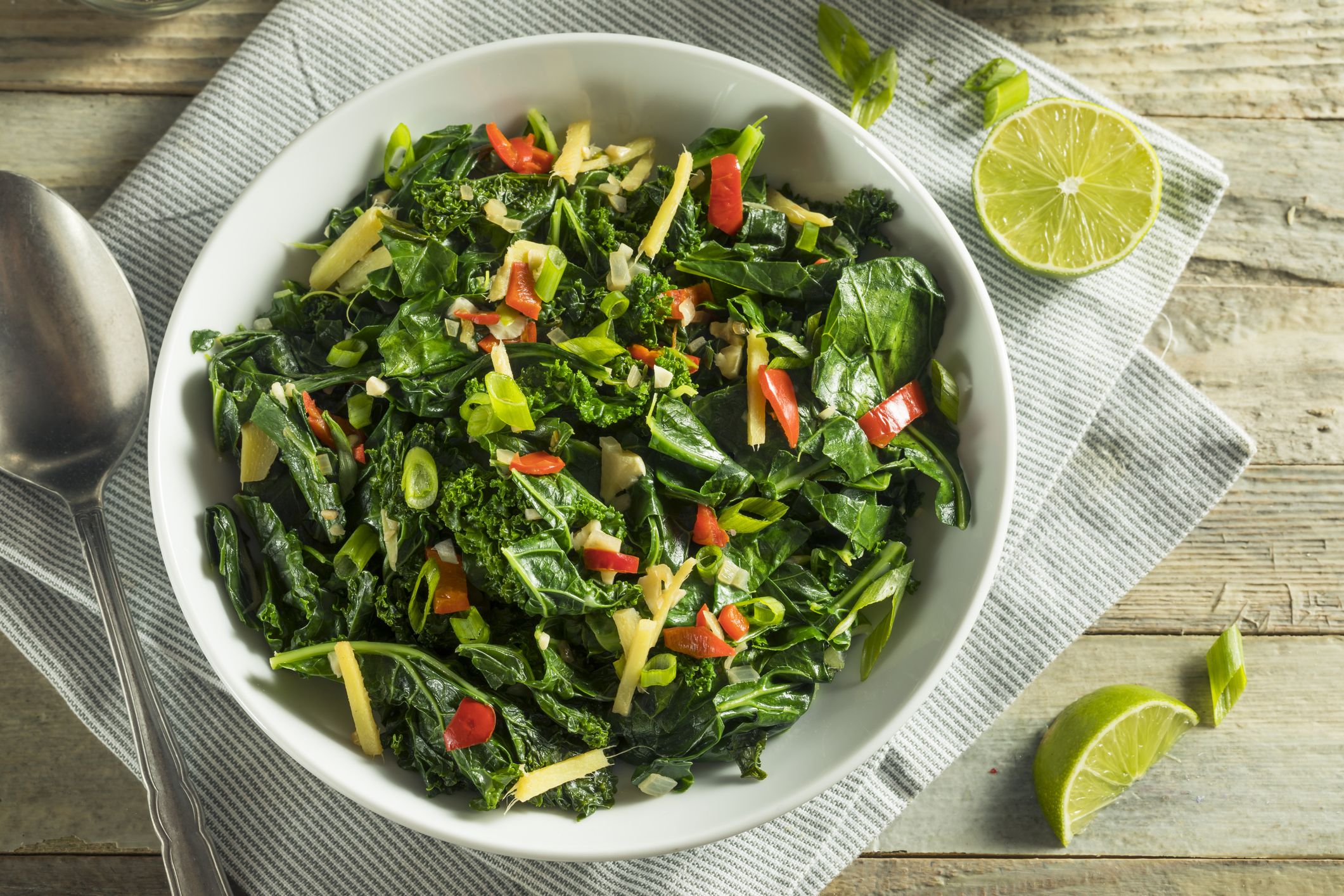
Collard Greens Nutrition Facts | Besto Blog – Source bestonlinecollegesdegrees.com
Hidden Secret of Collard Green Plants: Enhance Your Garden With Nutritional Value
There are many hidden secrets to growing collard greens. Here are a few of the most important:
- Collard greens need full sun to grow properly.
- Collard greens need well-drained soil.
- Collard greens need to be watered regularly.
- Collard greens need to be fertilized every few weeks.
- Collard greens can be harvested when the leaves are about 6 inches long.
If you follow these tips, you’ll be able to grow healthy and delicious collard greens in your garden.
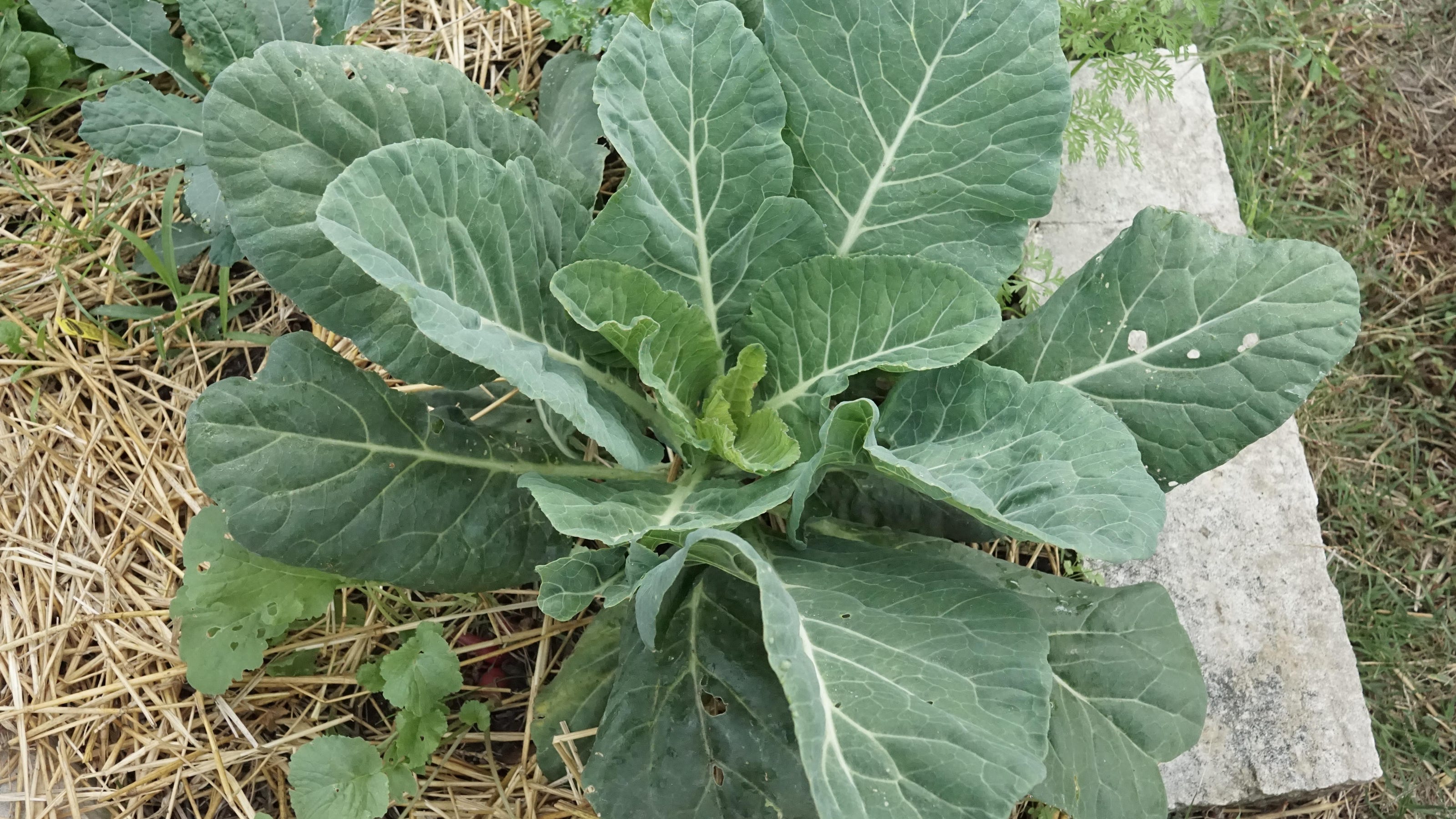
Plant collard greens now for harvest months to come – Source www.statesman.com
Recommendation of Collard Green Plants: Enhance Your Garden With Nutritional Value
If you’re looking for a way to add some extra nutrition to your diet, collard greens are a great option. Here are a few of our favorite ways to eat collard greens:
- Collard greens can be eaten raw, cooked, or juiced.
- Collard greens can be added to salads, soups, and stews.
- Collard greens can be used as a wrap for sandwiches.
- Collard greens can be used to make chips.
- Collard greens can be used to make tea.
No matter how you choose to eat them, collard greens are a delicious and nutritious way to improve your health.
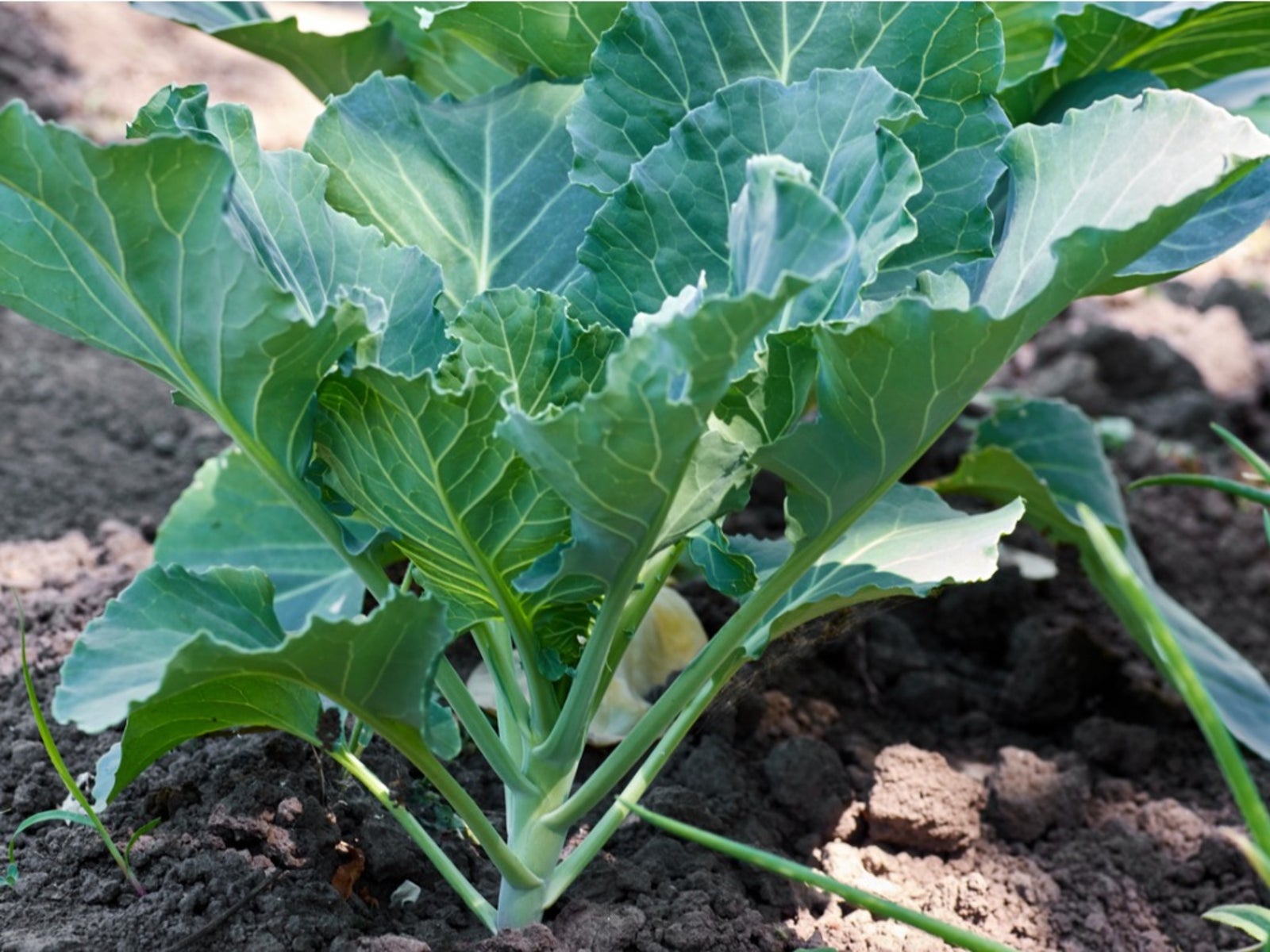
Growing Collard Greens: How And When To Plant Collard Greens – Source www.gardeningknowhow.com
Nutritional Value of Collard Green Plants: Enhance Your Garden With Nutritional Value
Collard greens are a nutritional powerhouse. They are a good source of vitamins A, C, and K, as well as calcium, iron, and fiber. Collard greens are also a good source of antioxidants, which can help protect your cells from damage.
One cup of cooked collard greens contains:
- Calories: 30
- Protein: 2 grams
- Fiber: 5 grams
- Vitamin A: 100% of the Daily Value (DV)
- Vitamin C: 50% of the DV
- Vitamin K: 100% of the DV
- Calcium: 10% of the DV
- Iron: 6% of the DV
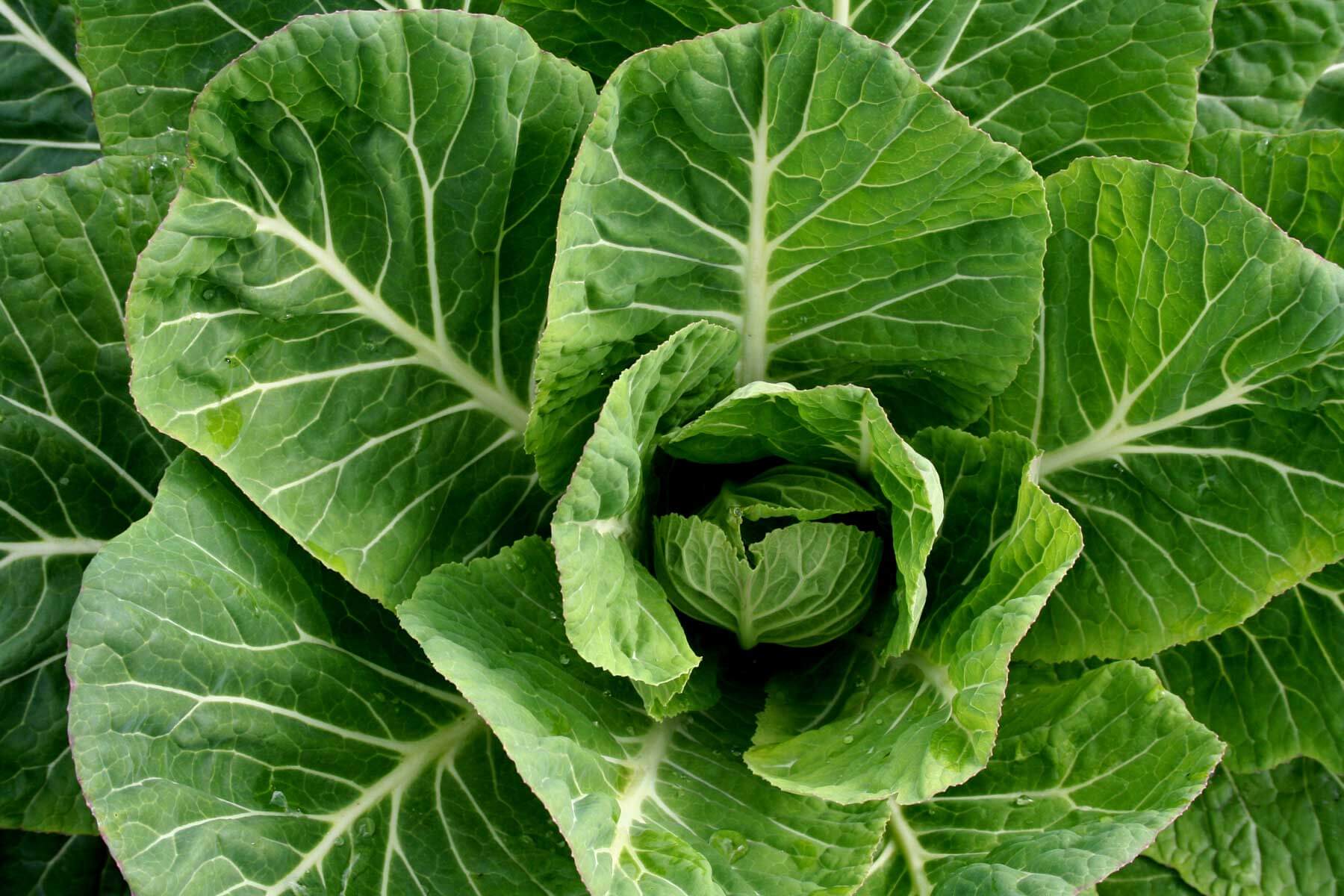
Collard Greens Plants – Source ar.inspiredpencil.com
Tips for Growing Collard Green Plants: Enhance Your Garden With Nutritional Value
Here are a few tips for growing collard greens in your garden:
- Choose a sunny spot in your garden.
- Prepare the soil by adding compost or manure.
- Plant the collard greens 12 inches apart.
- Water the collard greens regularly.
- Fertilize the collard greens every few weeks.
- Harvest the collard greens when the leaves are about 6 inches long.
With a little care, you can grow healthy and delicious collard greens in your garden.
:max_bytes(150000):strip_icc()/how-to-grow-collard-greens-4125810-1-6c6d59f637974277b297d7e4f9c1a922.jpg)
Collard Greens Plants – Source ar.inspiredpencil.com
Uses of Collard Green Plants: Enhance Your Garden With Nutritional Value
Collard greens can be used in a variety of dishes. Here are a few ideas:
- Add collard greens to salads.
- Cook collard greens with other vegetables, such as onions, garlic, and tomatoes.
- Use collard greens to make soup or stew.
- Wrap collard greens around rice, beans, or meat.
- Make collard green chips.
Collard greens are a versatile vegetable that can be used in many different ways.
:max_bytes(150000):strip_icc()/collardgreens-2f6aa6f8df6847f480fc5c259598fae7.jpg)
How to Grow Collard Greens – Source www.thespruce.com
Fun Facts about Collard Green Plants: Enhance Your Garden With Nutritional Value
Here are a few fun facts about collard greens:
- Collard greens are a member of the cabbage family.
- Collard greens are a good source of fiber.
- Collard greens are a good source of vitamins A, C, and K.
- Collard greens are a good source of calcium and iron.
- Collard greens are a good source of antioxidants.
Collard greens are a healthy and delicious vegetable that can be enjoyed in many different ways.
Collard greens | Curling and puckering collard green leaves (also seen – Source plantvillage.psu.edu
How to Cook Collard Green Plants: Enhance Your Garden With Nutritional Value
Collard greens can be cooked in a variety of ways. Here are a few tips:
- Wash the collard greens thoroughly.
- Remove the tough stems.
- Chop the collard greens into bite-sized pieces.
- Cook the collard greens in a pot of boiling water for 10-15 minutes, or until they are tender.
- Drain the collard greens and serve.
Collard greens can be cooked with other vegetables, such as onions, garlic, and tomatoes. They can also be used to make soup or stew.

Plants, Seeds & Bulbs Collard Vates Seeds Brassica oleracea var – Source www.yiaco.com
What Happens if You Eat Collard Green Plants: Enhance Your Garden With Nutritional Value
Eating collard greens can provide a number of health benefits. Here are a few of the most important:
- Collard greens can help you lose weight.
- Collard greens can help you lower your cholesterol.
- Collard greens can help you improve your digestion.
- Collard greens can help you reduce your risk of cancer.
- Collard greens can help you boost your immune system.
Eating collard greens is a great way to improve your overall health.
Listicle of Collard Green Plants: Enhance Your Garden With Nutritional Value
Here is a listicle of the benefits of eating collard greens:


